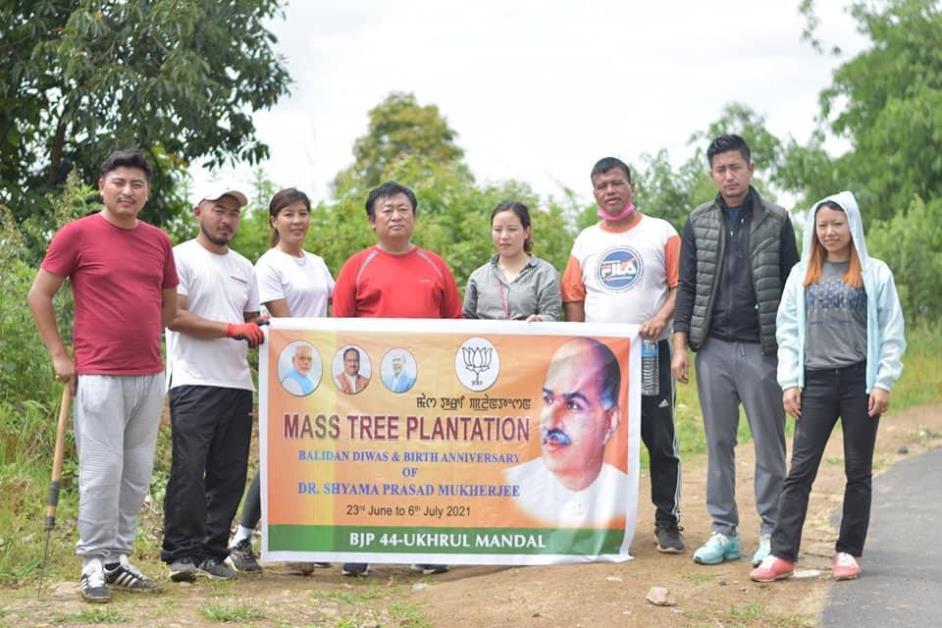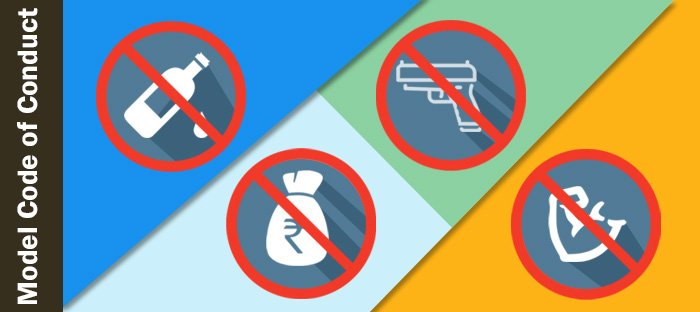The Loktak lake is our state’s largest fishery resource, accounting for more than 50% of the fish-producing area. About 12% of the state’s population depends on its resources
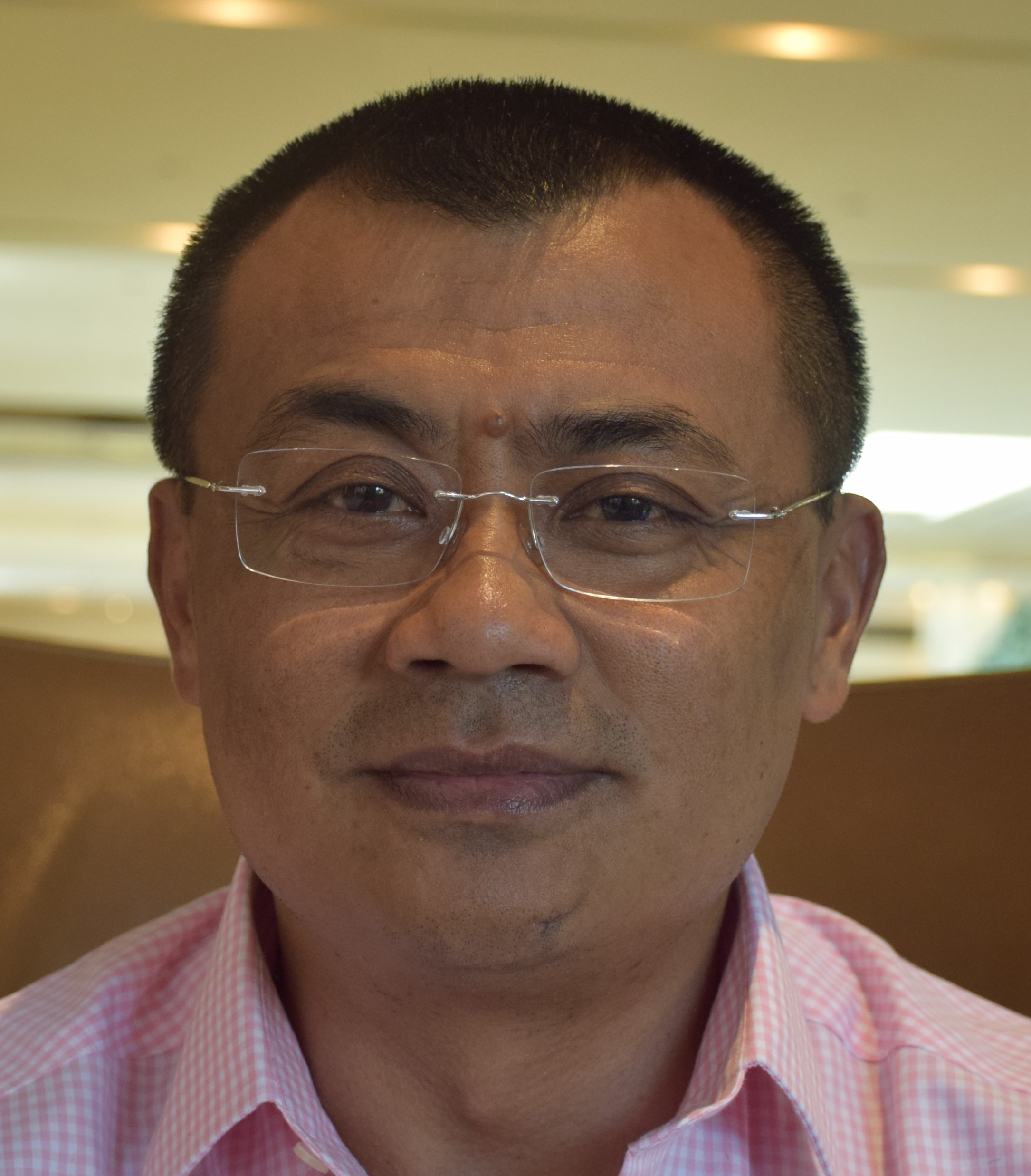 M. Asnikumar Singh
M. Asnikumar Singh
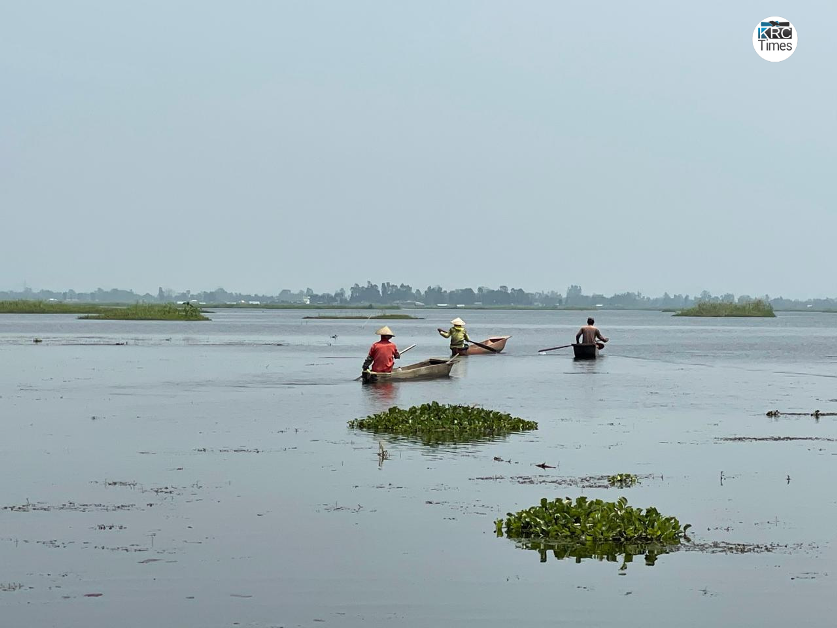
Today the 5th of June marks World Environment Day. The simple meaning of environment comes up as, “the surroundings or conditions in which a person, animal, or plant lives or operates.”
I grew up in the humble and serene surroundings of a village called Keibul Lamjao with our state’s gem, the Loktak Lake in the background.
After two and a half decades of having lived in the hustle and bustle of Imphal city, one can’t help but admire the ingenuity and charm of the lake, whenever the chance arrives. But this charm and ingenuity are on the brink of fading into oblivion due to some shortsighted decisions taken 48 years ago. Atoning for that is perhaps the biggest will we can leave behind for our children.
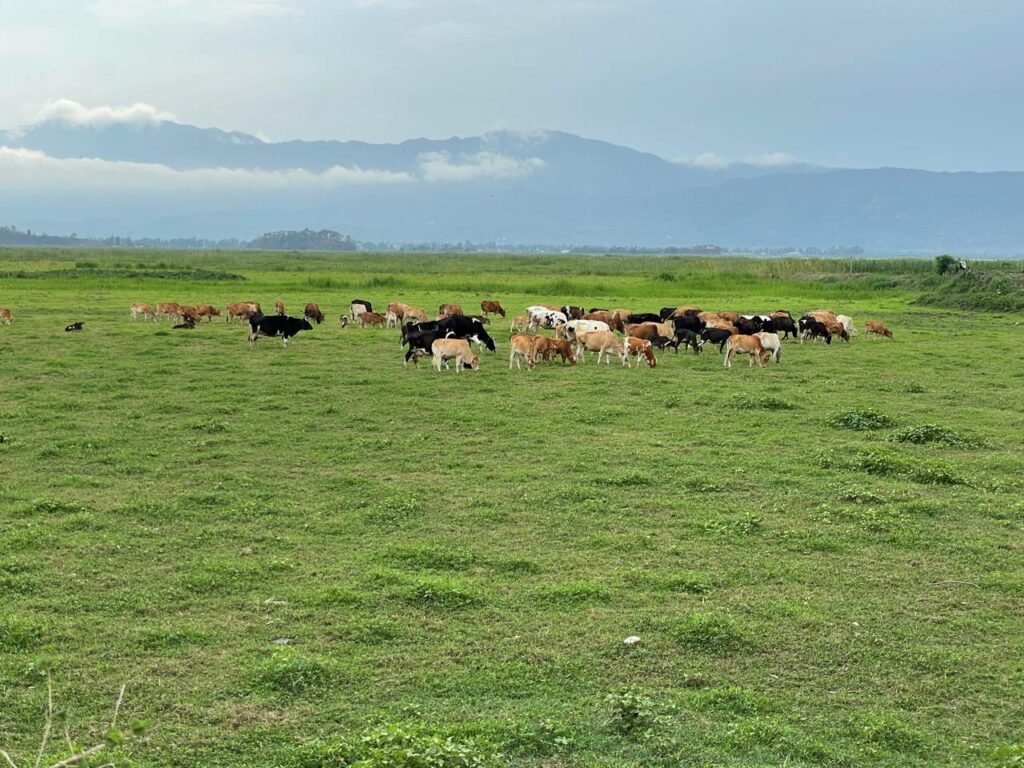
Loktak Lake, the largest freshwater lake of Manipur, is the lifebelt for the people of the state. But it has an emotional and spiritual connection with the fishermen community. This lake is their primary source of livelihood. But now it has become a fight for survival for the fishermen. Government policies of the past which were meant for the preservation of the lake constitute huge threats to the fishermen as most of them lack alternative livelihood skills.
According to the jewel of India’s folklore, Loktak was formed when Gods sought the support of the valley’s people. The lake has seen the very notion of Manipur take form. It was on its shores that the beloved Meitei folklore of princess Thoibi and Khamba and their timeless romance came to life. Poubi Lai, a mythical creature integral to the Meitei belief system, is believed to inhabit the heart of the lake.
Encompassing an area of about 26,000 hectares, the Loktak lake is our state’s largest fishery resource, accounting for more than 50% of the fish-producing area. About 12% of the state’s population depends on its resources. No wonder, it is referred to as ‘Mother’ by our fishing community.
Something which we often ignore while discussing our state’s climate is that the lake serves as a generating base for the bioenergy of the region, particularly for our state. It synchronizes climatic conditions and stimulates different ethos, cultural fabrics in the area.
In a sense, the Loktak lake itself is a generator of all kinds of cultural and ethnic endemicity for the people of Manipur, particularly the fishing community in and around the periphery of the lake. Of which it may be cited one of the best and remarkable points is the technique of ‘Phum Namba’ which is still in vogue for the livelihood of the region.
The term Phum Namba is practiced in the region since time immemorial.
It may be described as follows:
The people of the region particularly the fishing community and the community of the Thanga island and people of the peripheral area of the Loktak lake who practice this technique (basically the fishing community) cultivate waterweed in the form of circular as well as semi-circular just at the water level of the lake.
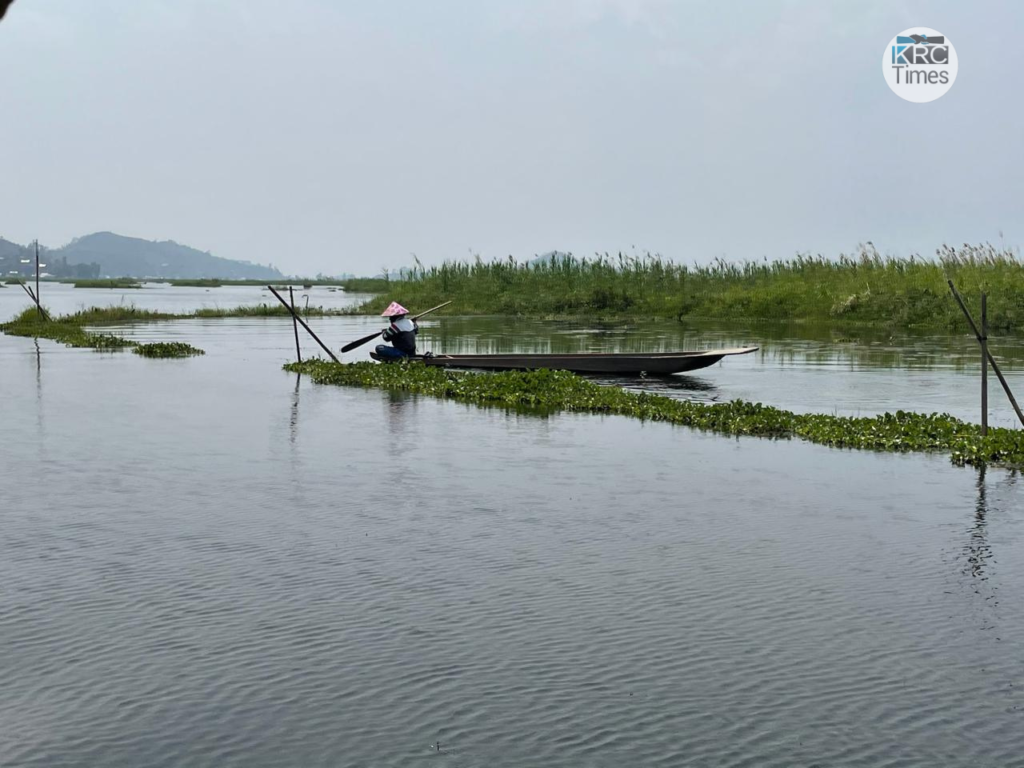
This particular Phum Namba will be preserved for about a year. During this period the local indigenous fish species sanitate in and around the Phum.
The fishing community also feeds a plethora of local nutrients to the area every day. These nutrients are mainly derived from rice husking powder and some other aquatic vegetables.
So, as in and around, the Phum will always concentrate inside the core of the planted Phum, all these Phums will be harvested during the lean season of the year, which commences from October and concludes in the month of March.
This type of harvesting is known as Phum Namba. It is also reported that there are more than 1000 floating Phum hut dwellers. Their basis cultivation is the cultivation of Phum and to above, i.e Phum Namba for the…
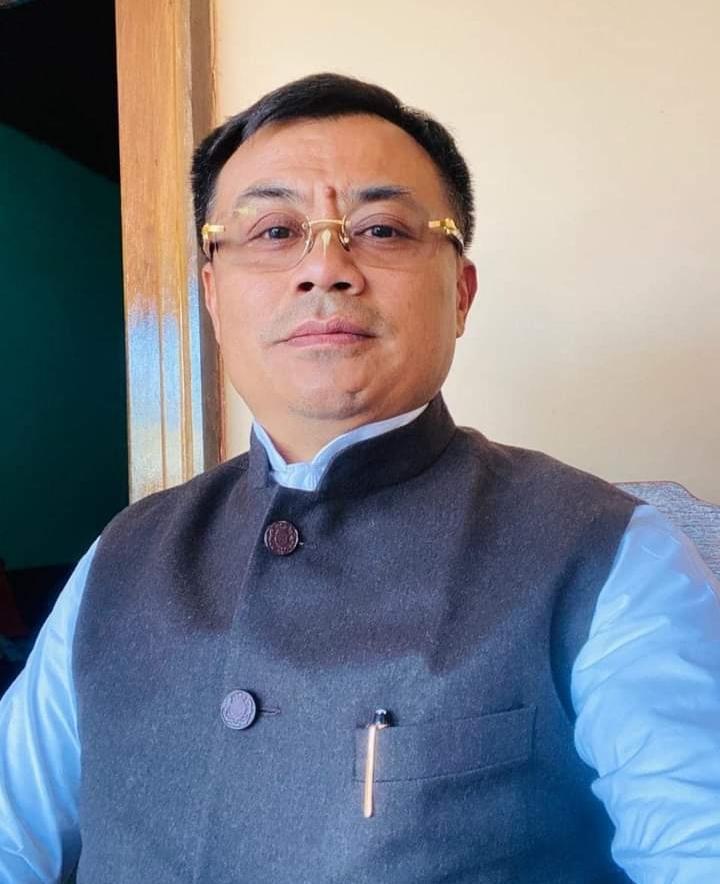
The writer is Chairman of Manipur Development Society and also State Spokesperson of BJP Manipur Unit

